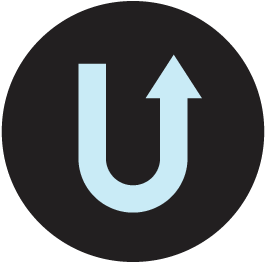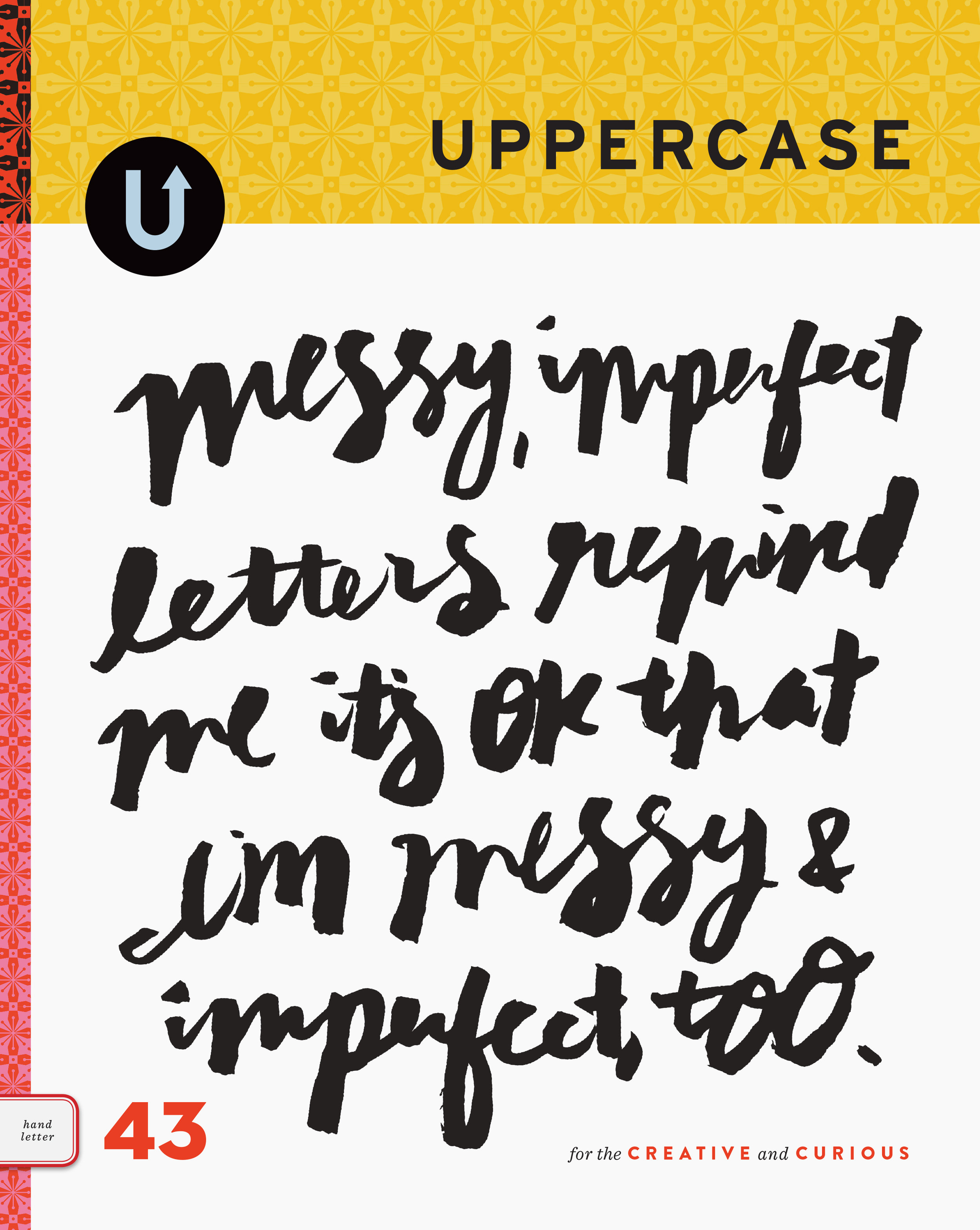By the numbers
/Proof that B-School worked for me—and how returning to my roots as a solo entrepreneur was the best decision I could have made.
Since taking B-School in 2014, I've taken a personal approach to my communications and marketing and I've embraced a forthright and honest style in my writing. I share quite a bit with my readers and go into detail about how and why I make decisions (like this: "When You're Supposed to Say Yes"). I've talked about the struggles I've faced in my business. This is an approach that Marie Forleo teaches in B-School: communicating with one's customers should be a service to them. And so I offer my own perspectives, realizations, trials and errors with you so that you might also benefit from my failures and join me in celebrating the successes. I'm transparent with my business.
But I don’t often share the numbers.
I’ve generated a sales graph from Shopify, from when I started selling online (October 2007) until the end of last year (December 2018). From the very early days of e-commerce, selling artwork, greeting cards and handmade paper goods online, to the release of the first issue, the birth of my son... the graph tells the story of UPPERCASE's growth as a company and me as an entrepreneur.
You can see that there was an immediate positive effect on sales once I started taking B-School. Click the image to enlarge. (To view even more annotations and detail, click here.)
The magazine had modest growth in the early years. I had help in my retail space for a number of years, and with being a new mom and trying to grow my publishing company, I assumed the logical thing would be to hire more help for the magazine. As online sales were steadily increasing month over month and I was closing the retail location to concentrate on publishing, I brought on some employees specifically to manage orders and subscriptions. In 2012, I had a marketing manager, too. We were a nice little team for a while, but as you can see on the graph, there was no growth. Monthly sales were stagnating and the team and I weren't meeting the minimum monthly sales quota required to keep the ship afloat.
Desperate for a solution to keep my beloved publishing business alive, I used my credit card and enrolled in B-School. I started implementing what I was learning right away. I was scraping the bottom of my line of credit and faced running out of funds to pay my considerable print bills. As the sole earner in the family, UPPERCASE was the only thing supporting my family. I had to lay everyone off and forego my salary. I call it my big "reboot." I pulled the plug on my expectations of what a "real" publishing company looked like and returned to my roots: just me. (A few years later, with our son in school, my husband Glen took on customer support part time.)
Regular readers will know I'm a hard worker, but I never worked harder than that year following the reboot. The spikes in the graph are a testament to the extreme effort I put into kicking UPPERCASE into a profitable company. Without the burden of other people's salaries, plus monthly growth in online sales, I was very quickly out of the financial hole. And soon, UPPERCASE was turning a profit. And it continues to do so.
Taking B-School—and more importantly, taking B-School to heart—was the catalyst that I needed to put my company on the path to profitability.
Making a profit has never been my primary business goal. My goal all along has been to create a business that can sustain itself, that can fund my creative ideas and contribute to a global community of kindred spirit creatives while supporting me and my family.
"RUNNING A PROFITABLE, VALUES-DRIVEN BUSINESS CAN PROFOUNDLY CHANGE THE QUALITY OF YOUR LIFE."
When the stress of basic survival is gone, there is space for joyful creating and innovating within your business.
B-School encourages an approach to business that is big-hearted and socially conscious. You can see that exemplified in UPPERCASE. Since B-School, I've given away hundreds of free subscriptions to folks who need a creative boost and can't otherwise afford to subscribe. I’m donating 10% of proceeds from sales of Little U magazine to UNICEF ($4,800 was donated in 2018) and with every subscription or renewal, I plant a tree. (We're at 4,766 saplings and counting!)





